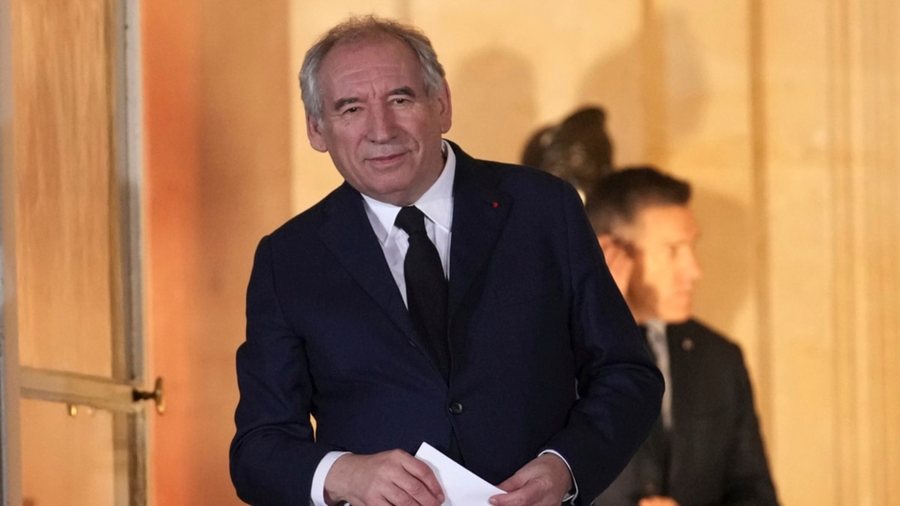
The new Prime Minister of France, Francois Bayrou, begins work this week on the formation of a new cabinet; to advance the budget bill and, in what appears to be the most uncertain, to seek support for the long-term budget bill aimed at addressing the country's fiscal woes, an act that led to the ouster of his predecessor.
The tasks and expectations are high for Mr. Bayrou, 73, a veteran centrist politician and longtime mayor of the southwestern city of Pau. Chosen by French President Emmanuel Macron on Friday, Mr Bayrou is the country's fourth prime minister this year and faces a deeply divided lower house of powerful left and far-right blocs.
Farmers, teachers, hospital workers and railroad workers are among the thousands who have taken to the streets in recent months to protest agricultural imports, labor issues and other grievances. Instability in France is also a concern for the European Union, in the face of advances on the ground by Russia in the war in Ukraine and the risk that the transatlantic relationship will no longer be as strong, with the coming to power of the new American administration.
"Nothing suggests that his mandate will be longer, or that he will be better than others," wrote in an editorial about Mr. Bayrou, the main French newspaper Le Monde.
The most urgent challenge is in the French archipelago of Mayotte in the Indian Ocean, where Cyclone Chido has caused massive destruction and left hundreds if not thousands dead, as French authorities say. On Monday, the acting Minister of the Interior, Bruno Retailleau, went to the Mayotte archipelago.
Head of the small MoDem or Democratic Freedom party, which is part of President Macron's centrist alliance, Mr Bayrou admits he faces a mountain of difficulties ahead. France's budget deficit is estimated at more than six percent of its Gross Domestic Product, twice the EU limit. The country also faces a significant debt.
"My first mission is to build, and if I fail to do that, at least to repair the damage," Mr Bayrou told the weekly La Tribune Dimanche, in an interview published on Sunday.
The risk is also high for President Macron, who appears very weakened after a disastrous political year. The French president played the snap parliamentary election card earlier this year after the far-right National Union party won European Parliament elections in June. He saw his centrist coalition become the weakest bloc in France's National Assembly, behind a leftist alliance and the Union Nationale.
President Macron has so far resisted calls to resign, insisting he will see out his term that ends in 2027. But analysts suggest he could become a weak president as he wields the power of second largest of the European Union, in a difficult time for the bloc. A staunch supporter of Ukraine, Mr Macron has long urged the EU to strengthen its defences.
Meanwhile, in Germany, Chancellor Olaf Scholz lost a vote of confidence in the German parliament on Monday, sending the European Union's largest economy to snap elections in February.
"Instability and unrest in France could affect the European Union's "capacity to show unity and leadership," wrote analysts Camille Grand, Camille Lons and Pawel Zerka of the European Council's Institute on Foreign Relations. "Especially in light of the increased risks related to security policies, from the Russian President Vladimir Putin and the President-elect of the United States, Donald Trump" , the analysts add.
With France "immersed in domestic problems", analysts say, "other European countries will have to show a willingness to take ambitious action", including developing a plan to support Ukraine, in the remaining weeks before Mr. Trump to take office.
A three-time candidate for President and Minister of Education from 1993-1997, Mr. Bayrow succeeds former Prime Minister Michel Barnier, who resigned earlier this month after a vote of no confidence over budget disputes./Voice of America (A2 Televizion)










